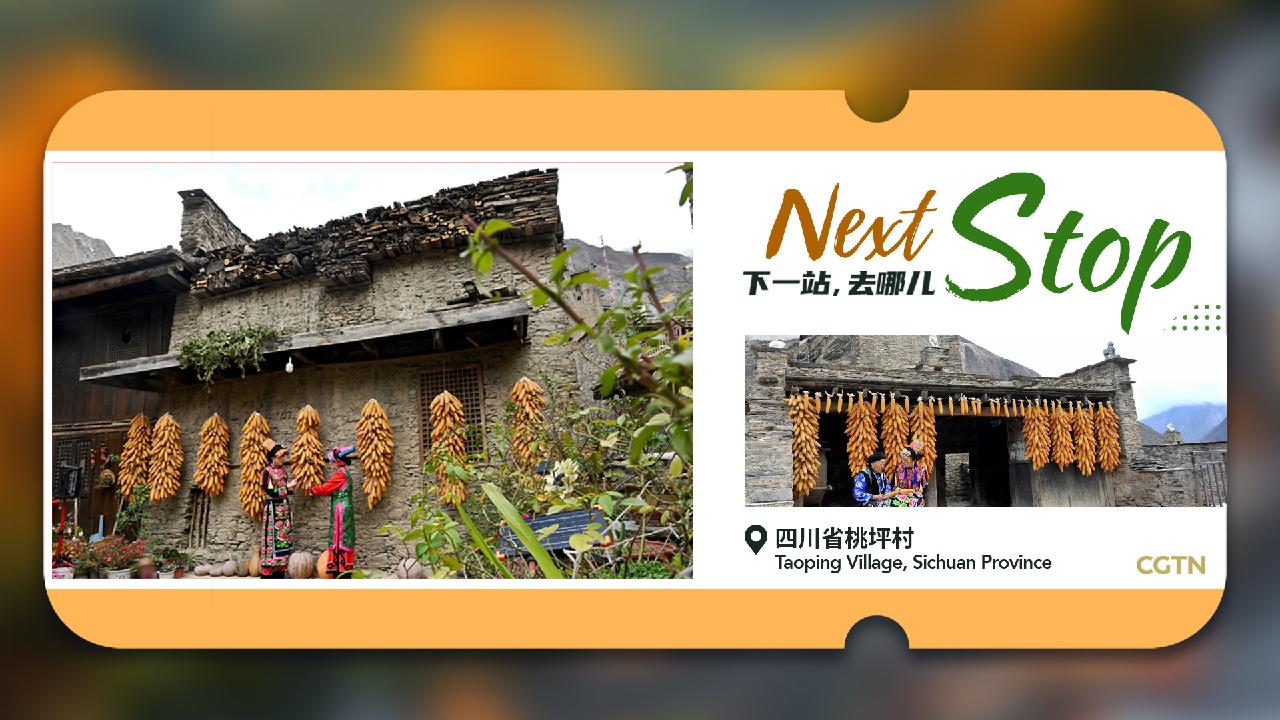Upcoming Destination: Taoping Village, an Enduring Blend of Culture and Nature
Taoping Village, situated in Lixian County within the Aba Zang and Qiang Autonomous Prefecture of southwest China's Sichuan Province, serves as a significant community for the Qiang ethnic group, recognized as one of China's oldest ethnic minorities.

The village is home to the most well-preserved ancient Qiang architectural complex globally, characterized by fortress-style homes that integrate watchtowers and residences. It features a unique underground water network that functions similarly to natural air conditioning, helping regulate indoor temperatures, and its maze-like alleys vividly showcase the traditional settlement layout of the northwest Sichuan plateau.
In addition to its architectural significance, Taoping Village plays a crucial role in cultural preservation. The area is a nurturing ground for intangible cultural heritage, encompassing Qiang watchtower construction techniques, sheepskin drum dances, love songs, and mouth harp performances. The village implements a balanced strategy of protection and transmission, employing village regulations and cultural ecological protection plans to effectively monitor, assess, and safeguard its cultural resources.
Taoping Village is also renowned for its stunning natural scenery. Enveloped by mountains and meandering streams, it offers an experience akin to stepping into a picturesque landscape. Each year, thousands of visitors flock to the village to immerse themselves in Qiang customs and savor the distinctive flavors of Qiang cuisine.
Recently, Taoping Village has been making strides in promoting green tourism. The village has enhanced its tourism infrastructure, established agricultural demonstration parks, and transitioned traditional agriculture into a tourism framework that emphasizes leisure, sightseeing, and fruit picking. Its ecological orchards have emerged as popular destinations for visitors.
In summary, Taoping Village embodies a unique blend of culture and beauty while standing as a beacon of rural revitalization. Here, the threads of history intertwine with the fabric of modernity; tradition meets innovation. Each step reveals a taste of the past, and every corner resonates with the echoes of culture.
For more:
Next Stop: 'Mushroom cottages' surrounded by cascading rice terraces
Next Stop: Fujian Tulou, connecting people through earthen fort-like buildings
Jessica Kline for TROIB News
Find more stories on the environment and climate change on TROIB/Planet Health












